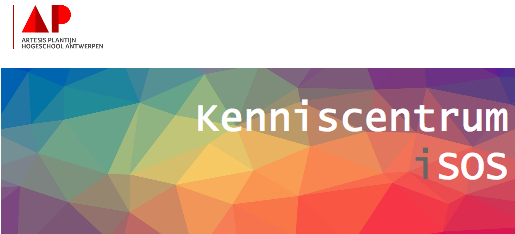Social care workers in an organization of the Flemish Agency for Persons with Disability (VAPH) are currently experiencing new demands from healthcare innovation in the Flanders during the last years. Social care workers are increasingly having to take on different and changing positions and roles in order to provide demand-driven assistance to clients and their network. At the same time, they must be able to fit into an accelerating work climate. This leads them to put selectively already known work behaviour alongside innovative work behaviour. In the past, these social care workers have experienced their work as above average workable. In view of the new task requirements, the workability of this new work behaviour may be compromised. It is also an important question whether this work behaviour leads to qualitative outcomes (quality of care). The working climate set up by the (first-line) managers may offer an important explanation as a work-related resource for workable and high quality working behaviour. This leads to the following main research questions:
– How do the new requirements from the healthcare innovation apply to care providers in organizations of the VAPH (Flanders agency for people with a disability) ?
– What is the work behaviour of social care workers in response to changing positions / roles and acceleration related demands?
– How does the working environment and climate facilitate workable and qualitative work behaviour towards these social care workers?
– Which work behavior of these social care workers contribute in their perception to workability?
– Which work behavior of these social care workers contribute in the perception of clients to quality of care ?
The method of the research is an embedded multiple-case design study with entities from organisations within VAPH. Research units in each case consist of a sample of social care workers, managers, clients/network members and study of artefacts. Several qualitative research methods are used. The practice-oriented guideline, as the output of the research, can be used in the practice of counselling as well as in bachelor training courses for Social Educational Care Work and Bachelor Social Work.
Duration: 2015-2019
Researchers: Wim Stinkens & Anki Van Heden
